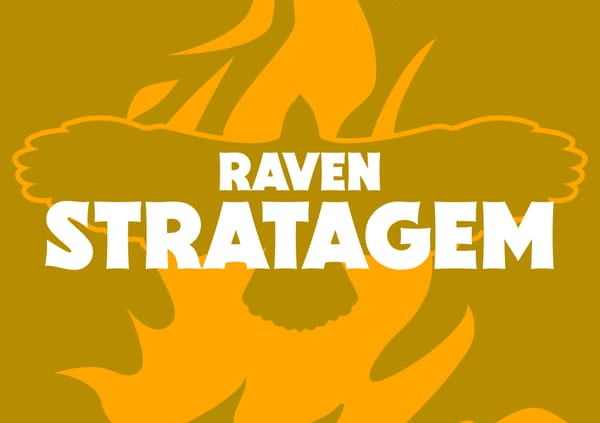Gideon the Ninth by Tamsyn Muir
Gideon the Ninth (The Locked Tomb #1) was published on September 10, 2019 by Tordotcom Publishing.

Review Part One
Originally published on February 17th, 2021 on Instagram.
In Gideon the Ninth, scions of eight great houses of necromancers are given the opportunity to become immortal *ultra-rare Lyctor noises* and serve the King Undying in the wars he wages across the galaxy—and these badasses are ready to do whatever it takes to succeed.
These guys have skulls on their faces, skulls on their doors, skulls on their swords, and skulls in their closets. These guys don't ask silly questions like "Are we the baddies?"—they know they are, and that's why we love them.
But like all baddies, the characters of Gideon the Ninth have secrets, things they'd rather keep to themselves. Most of these people are secretive, paranoid, and overly cautious, always trying to cover their tracks from others—even from you, the reader.
But fortunately for you, Tamsyn Muir is not stingy with her secrets and doesn't mind making her characters suffer. With her great pacing and gripping action, she won't make you wait long for all the secrets to be revealed. And why should she? After all, she can do this all day. She's got secrets spilling out of her pockets just waiting to jump out at you. By the time you're done with the book, you will know all these dark hidden things, and you will still know *nothing* compared to what's still ahead of you. You see, while you were busy finding out more and more about your favourite characters, Tamsyn was slowly and quietly building a necromantic Universe of Secrets still waiting to be revealed.
With this large cast of characters (I will be eternally thankful for the Dramatic Personae included in the first few pages) and a sort of The Hunger Games setup, it would have been easy to just kill off most of the characters off-screen and work the plot with a small number of them, but Tamsyn Muir took great care in making all of the characters fleshed out and unique, and it's one of the things that make reading Gideon the Ninth such a blast.
Review Part Two
Originally published on February 19th, 2021 on Instagram.
One of the main draws of Gideon the Ninth is its meme potential and the way Tamsyn Muir is willing to go all-in with her writing. Indeed, Gideon the Ninth doesn't take itself too seriously (or, like, at all) and is not above making fun of itself and embracing its meme-like qualities. Some of the best examples of this are the names that sound like something straight out of the least subtle random fantasy name generators out there...in a good way. Allow me to illustrate: Gloom Mistress, Night Boss, Bone Empress, Tenebrous Overlord (all used ironically by Gideon when addressing Harrow, the necromancer she serves (as if Harrow isn't already enough), and these are not even the best ones).
⠀
Being the centrepiece of Gideon the Ninth, the writing style is what realizes its potential. And it does so amazingly well. Despite being written entirely in the third person, Gideon the Ninth often transcribes the thoughts of its titular character word for word in what is the most over-the-top writing I've ever read. It is extreme in the best way possible and it pushes the limits of what is expected of prose in modern fantasy and science fiction. If you loved Glokta from The First Law, you will feel right at home with dirty magazine-loving Memelord Gideon Nav.
With a work that derives so much of its value from its use of language, the only thing I would be concerned about is how well the ideas it presents would translate into another language, but this is an issue faced by every book that relies so much on its sense of humour.
⠀
Indeed, Gideon the Ninth is the perfect book for a more modern generation of internet-fed and meme-addicted fantasy readers such as myself (needless to say, I've already ordered the sequel). I will have no problem recommending this book to anyone but the more conservative of fantasy readers who consume their fantasy serious, preferably medieval and unblemished by such frivolous concepts as comedy.





